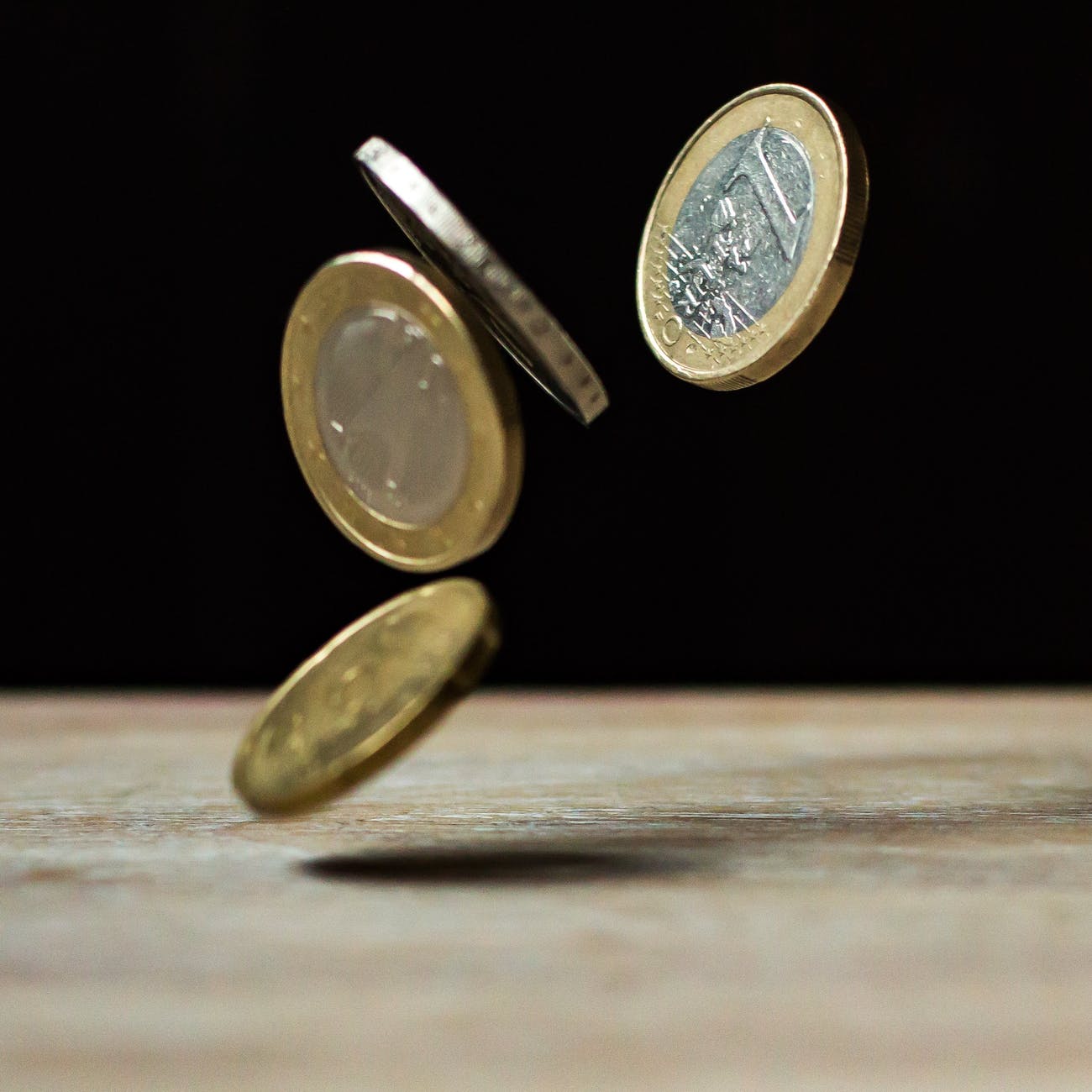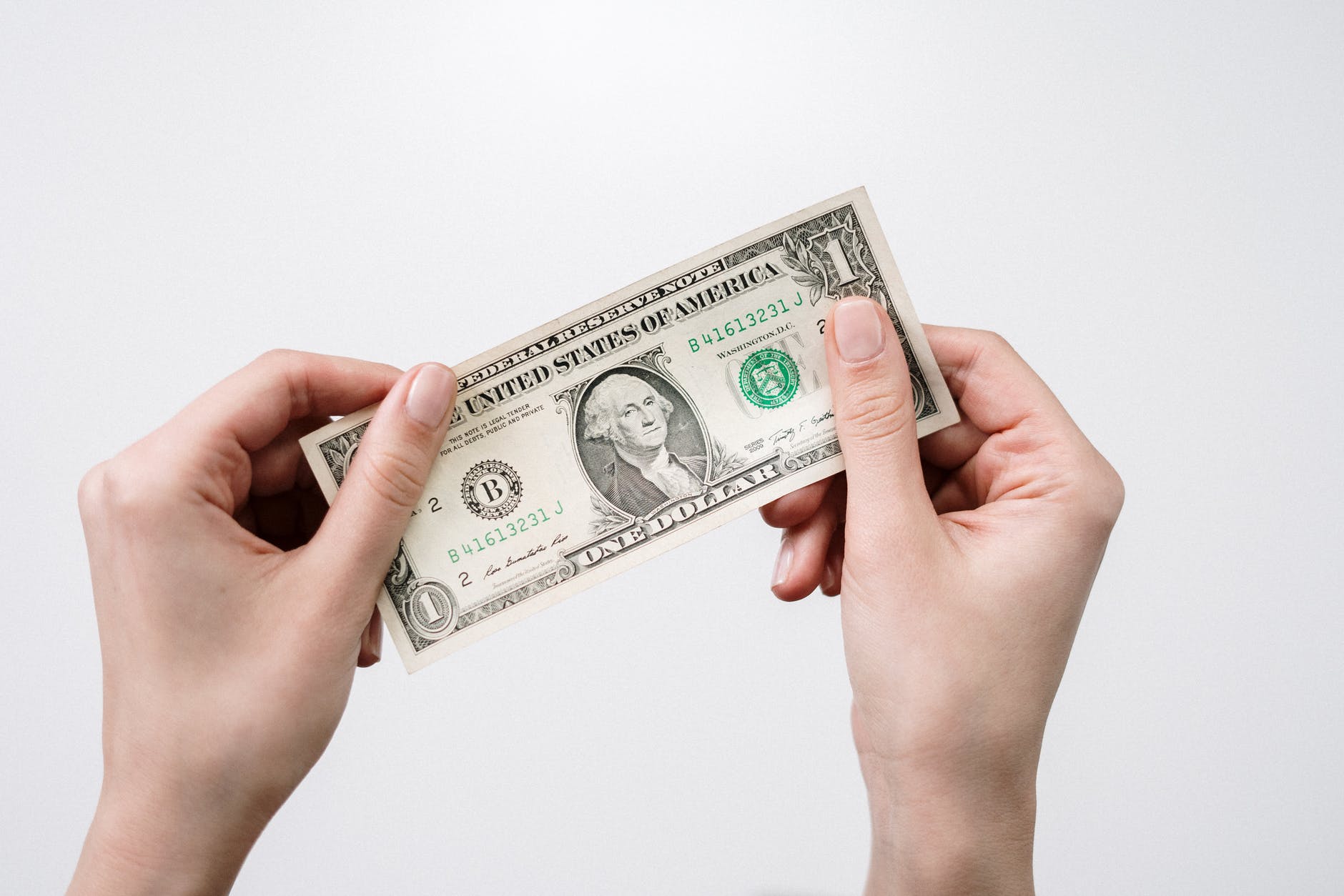4 Economic Concepts Everyone Should Know

While a fundamental grasp of Economic Concepts may not be as vital as maintaining a family budget or learning to drive, the factors that underpin the study of economics have an influence on every aspect of our lives. At its most fundamental level, economics tries to explain how and why we make the purchases we do.
Scarcity, supply and demand, costs and benefits, and incentives are four essential economic ideas that can help explain many human actions.
Also Read: What is an Economic System?
Scarcity
Because everyone has experienced the impacts of scarcity, whether they are aware of it or not, everyone has an understanding of scarcity. The underlying economic dilemma of scarcity is that the world has limited—or scarce—resources to fulfil apparently limitless desires. People are forced to make judgments on how to deploy resources in the most effective way possible in order to meet as many of their greatest objectives as feasible.
There is only so much wheat that can be cultivated each year, for example. Some individuals favour bread, while others prefer beer. Due to the paucity of wheat, only a limited amount of each item may be produced. How can we figure out how much flour to use for bread and beer? A market system based on supply and demand is one solution to this challenge.
Demand and Supply

Supply and demand drive a market system. For example, if a large number of individuals desire to buy beer, the demand for beer is said to be high. As a result, if you use wheat to produce beer instead of flour, you can charge more for it and make more money on average.
This may theoretically lead to a situation in which more individuals begin to make beer, and after a few production cycles, there is so much beer on the market—the supply of beer increases—that the price of beer declines.
Although this is an oversimplified and extreme example, the notion of supply and demand helps to explain why a popular product last year is half the price the following year.
Benefits and Costs
The idea of costs and benefits is linked to the economics theory of rational choice (and reasonable expectations). When economists argue that individuals act rationally, they mean that they make decisions in order to optimise the benefit-to-cost ratio.
Breweries will recruit more personnel to create more beer if there is a large demand for beer, but only if the price of beer and the volume of beer they sell cover the higher expenses of their salaries and the ingredients needed to brew more beer. Similarly, the buyer will purchase the greatest beer that they can afford, but not necessarily the best-tasting beer in the shop.

The notion of costs and benefits may be used to a variety of decisions that are not pecuniary in nature. On a daily basis, university students undertake cost-benefit evaluations by deciding to focus on specific courses that they believe are more vital for their success. This may include reducing the amount of time they spend studying for courses they deem less important.
Despite the fact that economics presume that individuals are typically logical, many of the decisions we make are emotional and do not maximise our personal interest. The industry of advertising, for example, preys on humans’ proclivity to act irrationally. Commercials attempt to elicit emotional responses from us, leading us to exaggerate the benefits of a product.
Also Read: The Five Characteristics of an Inclusive Economy
It’s all about the incentives.
If you’re a parent, a supervisor, a teacher, or someone in a position of authority, you’ve definitely had to give a reward—or an incentive—in order to raise the chance of a specific outcome.
Economic incentives describe how supply and demand motivate producers to deliver the commodities that customers desire while also encouraging consumers to save precious resources. When customer demand for an item grows, the market price of the good rises as well, giving producers an incentive to create more of the commodity in order to get a better price. When the scarcity of raw materials or inputs for a particular commodity drives up costs and forces manufacturers to cut back on supply, the price they charge for the good rises, and consumers have an incentive to limit their use of that good and save it for their most valuable purposes.
In the case of a brewery, the owner wants to boost output, so they decide to reward the shift that produces the most bottles of beer every day with a bonus. There are two bottle sizes available at the brewery: a 500 millilitre bottle and a one-liter bottle. They saw production levels jump from 10,000 to 15,000 bottles per day in only a few days. The problem is that the reward they offered was based on the wrong metric: the number of bottles sold rather than the amount of beer consumed. They start getting calls from vendors asking when the orders for the one-liter bottles will arrive. The owner made it advantageous for rival shifts to get an edge by just bottling the smaller bottles by paying a bonus for the number of bottles produced.
Also Read: Definition of Economy?
When incentives are properly linked with company objectives, the results may be outstanding. Profit sharing, performance bonuses, and employee stock ownership are examples of these practises. However, these incentives might backfire if the criterion for judging whether or not an incentive has been satisfied diverges from the original aim. Poorly constructed performance bonuses, for example, have prompted some executives to take actions that boost the company’s financial outcomes in the short term—just enough to earn the bonus. In the long run, these tactics have been damaging to the company’s health.
Economics is a dreadful subject.
One view of why economics is frequently said to as the “dismal science” is that scarcity underpins everything of it. Humans are continuously making decisions based on the costs and rewards of their options. Scarcity on a personal level means that we must make decisions depending on the incentives we are offered for various courses of action. On a market level, supply and demand are created by the effect of millions of individuals making decisions.
Frequently Asked Questions about Economic Concepts
What are the 4 economic theories?
Supply side economics, new classical economics, monetarism, and Keynesian economics are the four economic theories.
What are the 4 basic economic problems?
The four main economic difficulties that come from the primary problem of Resource scarcity are:
1. What to produce?
2. What is the best way to produce?
3. To whom should I produce?
4. What (if any) preparations are there for economic growth?
What is economics explain the concept used in economics?
Economics is a social science that studies how products and services are produced, distributed, and consumed. It investigates how people, corporations, governments, and nations make resource allocation decisions.
What are the 4 factors of production?
Land, labour, capital, and entrepreneurship are the four components of production.
What are the 2 types of economics?
What is the difference between the two forms of economics?
Capitalism and socialism are the two primary economic systems in modern civilizations. In fact, most economies combine aspects of both systems but tend toward one extreme of the capitalism–socialism spectrum.




